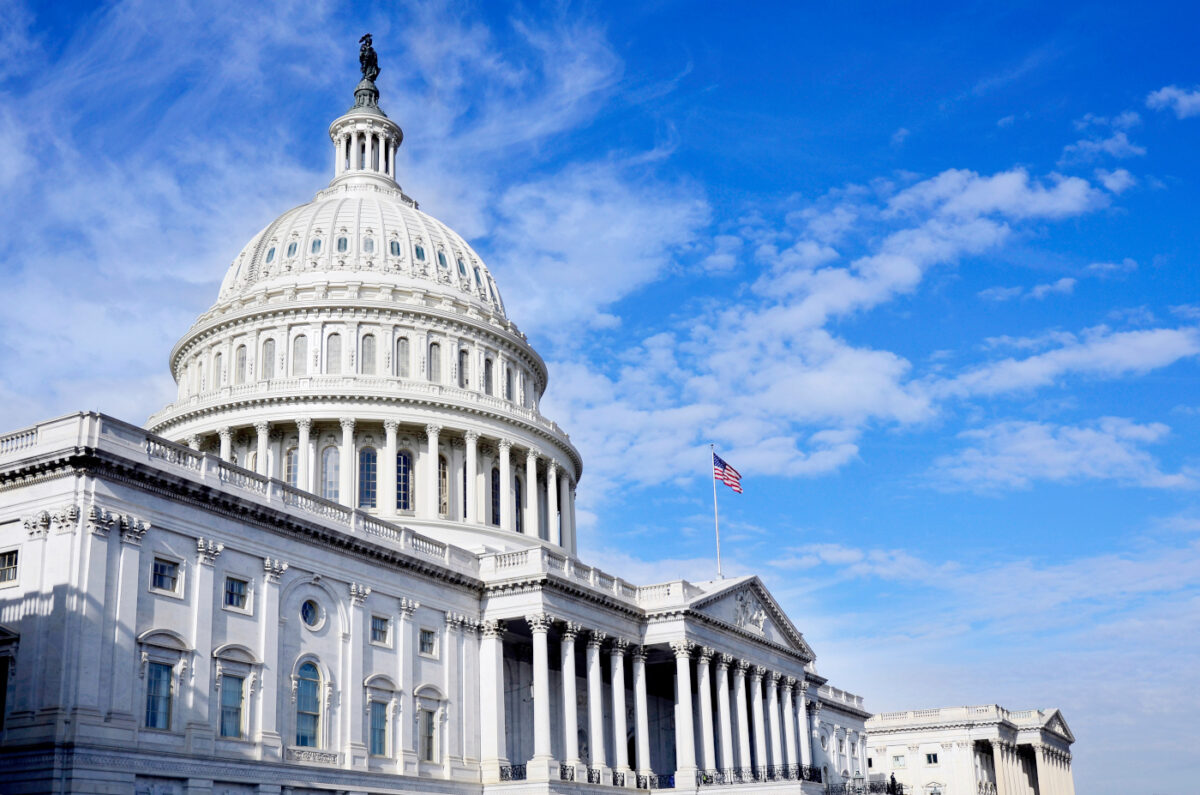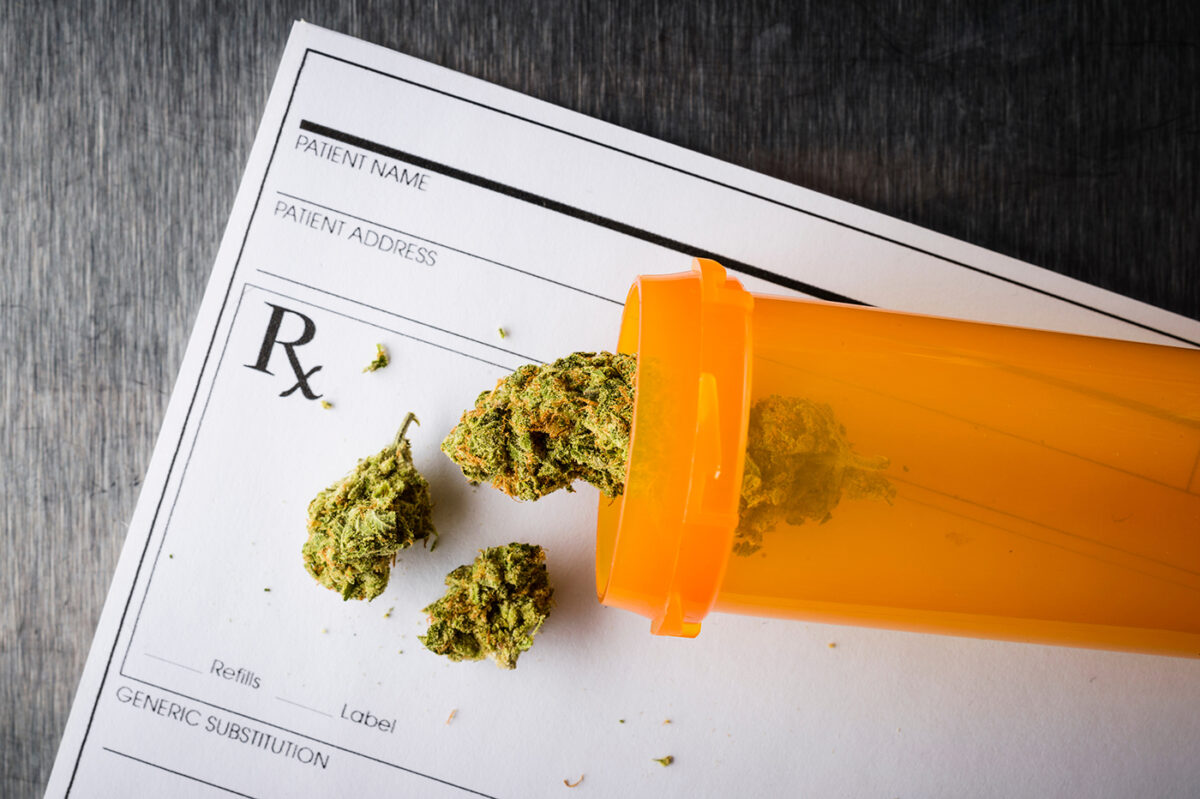
On Tuesday, August 13, the United States Preventive Services Task Force (USPSTF) released a draft recommendation advising doctors to screen all adult patients (age 18 or older) for illicit drug use. The rise of illicit drug use is an increasing public health concern: As referenced in the draft recommendation, an estimated 11.5% of Americans age 18 or older reported current illicit drug use in a 2017 national survey. Additionally, illicit drug use is among the most common causes of preventable death, with more than 70,000 fatal overdoses attributed to illicit drug use in 2017.
The draft recommendation was given a “B” grade by the USPSTF, meaning the panel recommends the service and there is high certainty that the net benefit is moderate or there is moderate certainty that the net benefit is moderate to substantial. Except as noted below, recommendation grades range from A (highest certainty of substantial benefit of service) to D (moderate or high certainty of no net benefit/harms outweighing risk of service). Under the Affordable Care Act’s definition of covered preventive services, health plans are required to provide coverage for services with a grade of A or B.
The USPSTF can also assign a grade of “I” if it determines there is insufficient evidence to assess the balance of benefits and harms of a service. It gave an I grade to screening for illicit drug use in adolescents.
The USPSTF is an independent, voluntary panel of national health experts in disease prevention and evidence-based medicine. Recommendations from the USPSTF are based on a review of high-quality scientific evidence, and the goal of the recommendations is not only to offer guidance to healthcare providers but also to provide patients and their families with accurate and up-to-date information. The draft recommendation is distributed for the purpose of public input, with the opportunity for public comment through September 9. A final recommendation will be developed following review of public comment and will include evidence review.






